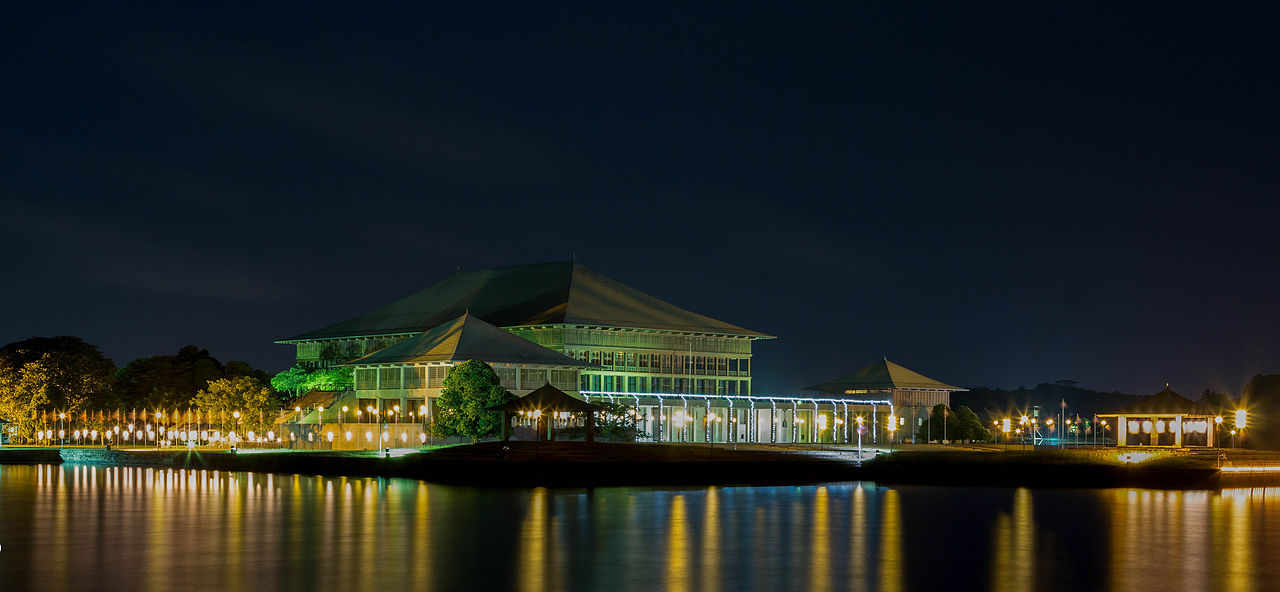
Sri Lankan parliament is set to debate the controversial tax amnesty bill which seeks to enable those who have not disclosed any taxable incomes or assets to immediately invest the equivalent amount in the country and pay a voluntary disclosure at one per cent nominal tax.
The debate follows Sri Lanka’s Supreme Court previously rejecting the bill as unconstitutional and rejecting 13 articles of the bill before demanding it be reformed. Critics have argued that the nominal tax is significantly lower than the tax liability that they would have had to pay and that this in essence would legitimise fraud.
Former Finance Minister and SJB parliamentarian, Eran Wickramaratne has criticised the bill stating:
“Sri Lanka’s overall tax system of indirect taxes means that the poor disproportionately pay more in taxes than a wealthier family. The Finance Bill codifies this”.
He further highlighted a 2010 study by R.M. Jayasinghe which found that past tax amnesties in Sri Lanka have not increased income tax revenue, nor have they increased compliance. Sri Lanka has granted at least 13 tax amnesties since 1963, with the most recent one in 2009.
Whilst proponents of the bill claim it will fix the government’s tax revenue shortage issue, the Economist has previously highlighted how the Rajapaksa’s tax cuts had led to a massive decrease in overall tax revenue, reducing by a quarter and leading the budget deficit to increase to 14% of GDP.
Sri Lanka now faces spikes in increased food prices and food shortages which the government has responded to by proposed draconian legislation which would enable authorities to seize the stock of those seen to be hoarding products. This would be overseen by a former army commander.
The finance bill’s proponent, Sri Lankan Finance Minister, Basil Rajapaksa, has a history of corruption and embezzlement. A 2007 leaked US embassy cable noted that Basil “worked for the Ministry of Mahaweli Development, where he earned the nickname "Mr. Ten Percent" for demanding a ten per cent commission on every project”. “Embassy contacts say Basil has no close advisors and more enemies than friends in Sri Lanka because he makes a habit of trying to "buy people”,” the cable added, noting that at the time “Basil continues to be accused of significant corruption in his current position”.
Read more here.
We need your support
Sri Lanka is one of the most dangerous places in the world to be a journalist. Tamil journalists are particularly at threat, with at least 41 media workers known to have been killed by the Sri Lankan state or its paramilitaries during and after the armed conflict.
Despite the risks, our team on the ground remain committed to providing detailed and accurate reporting of developments in the Tamil homeland, across the island and around the world, as well as providing expert analysis and insight from the Tamil point of view
We need your support in keeping our journalism going. Support our work today.
For more ways to donate visit https://donate.tamilguardian.com.

